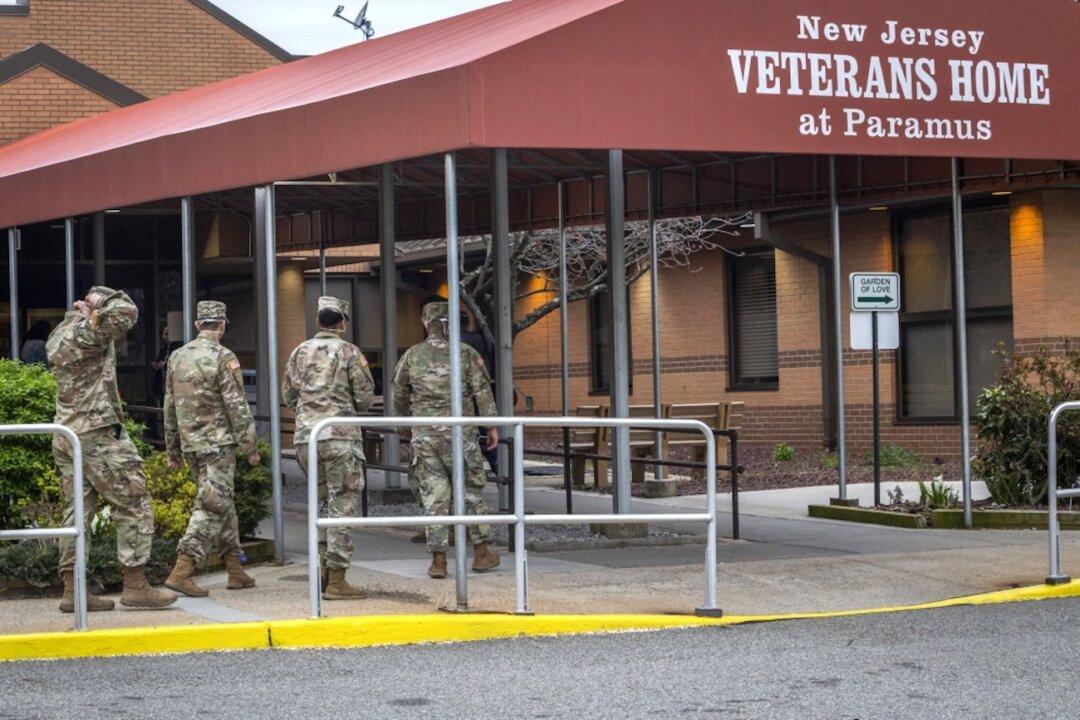New Jersey Gov. Phil Murphy announced on Monday that all workers in certain state-owned and private health care facilities, or high-risk congregate settings would be required to get fully vaccinated against COVID-19, the disease caused by the CCP (Chinese Communist Party) virus. Those workers who aren’t fully vaccinated can continue to work with regular COVID-19 testing.
When justifying the mandate, Murphy, a Democrat, said in a statement that “some of our most vulnerable populations remain at risk of serious illness or death from COVID-19 primarily due to exposure to unvaccinated individuals.”





